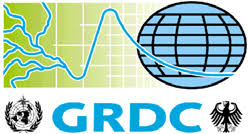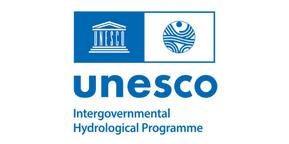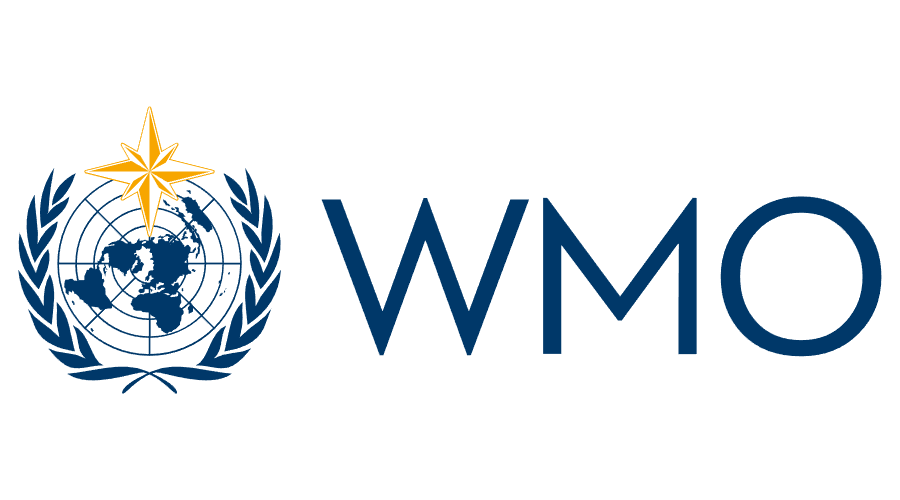As well as the network of river basins, ROBIN is the network of researchers and institutions sharing expertise. The network includes experts from across the globe with currently in excess of 3,000 gauges. Crucially, these gauges span a broad range of different climates and all our partners also bring specific expertise (for example, unique knowledge of global datasets that can support ROBIN, and specialist analysis of ‘ephemeral’ rivers that often run dry).
The below map shows the status of the first version of the ROBIN Network (released in February 2025).



